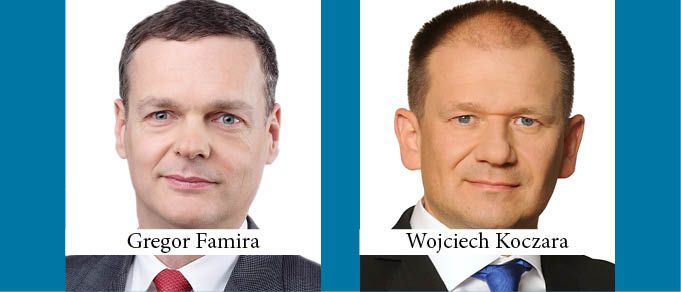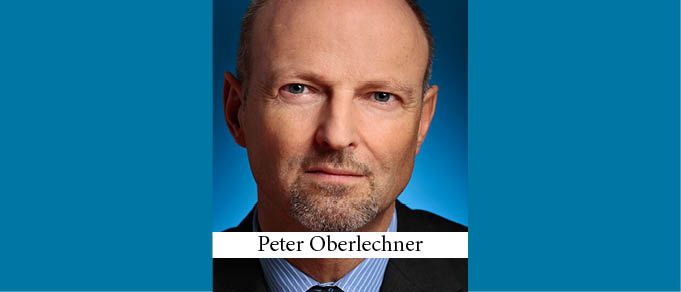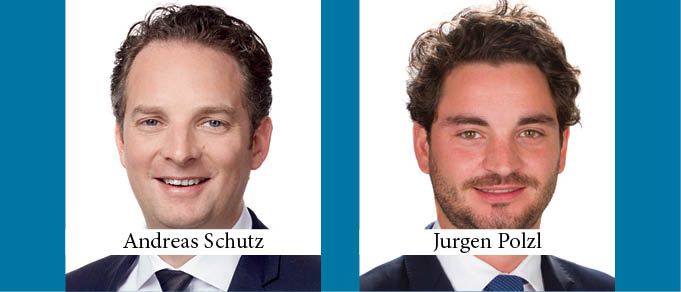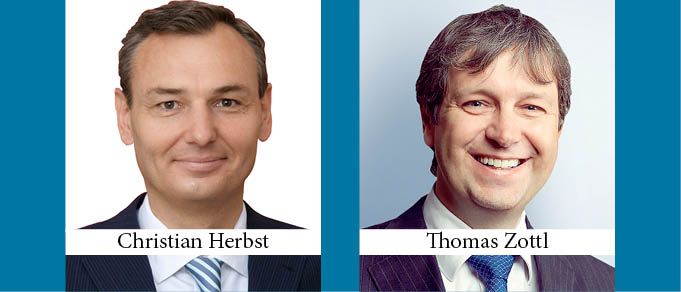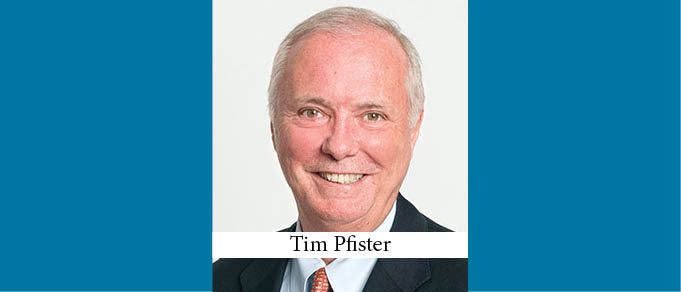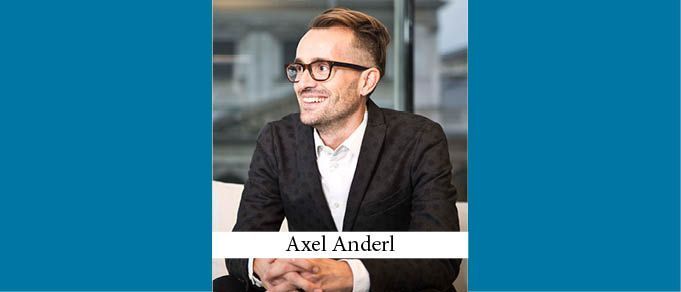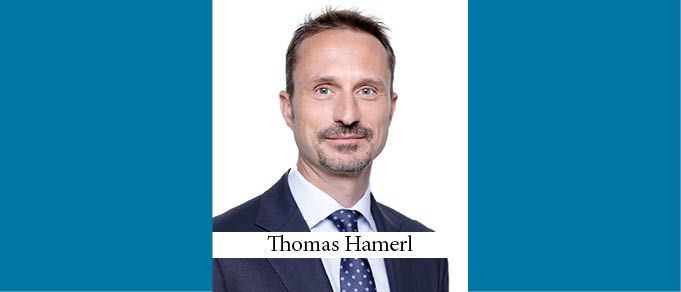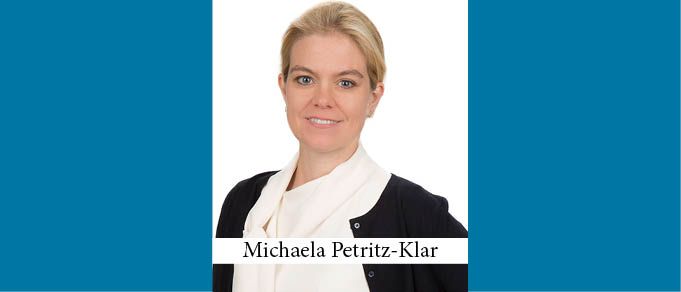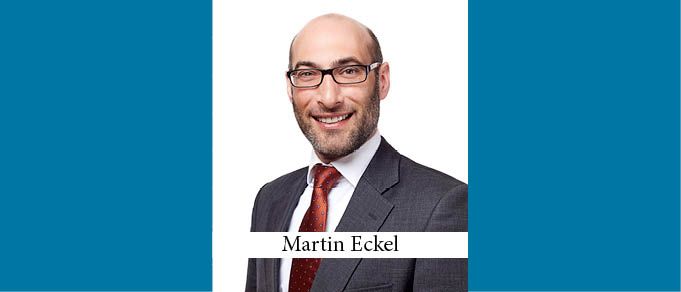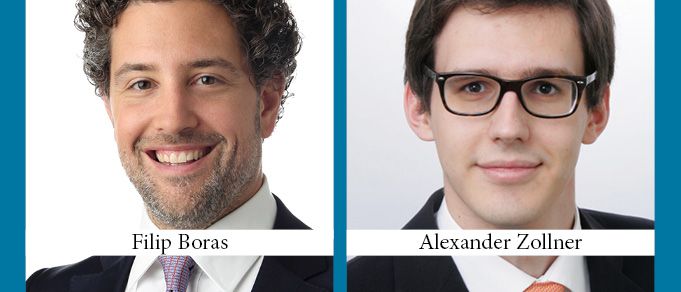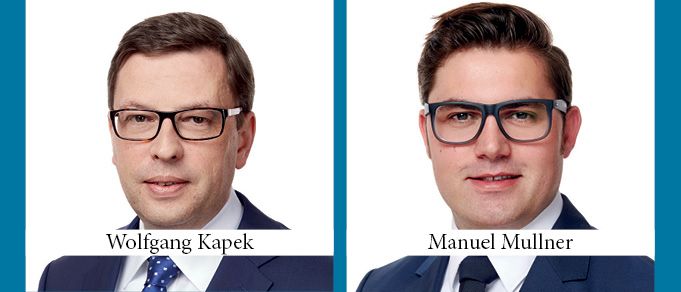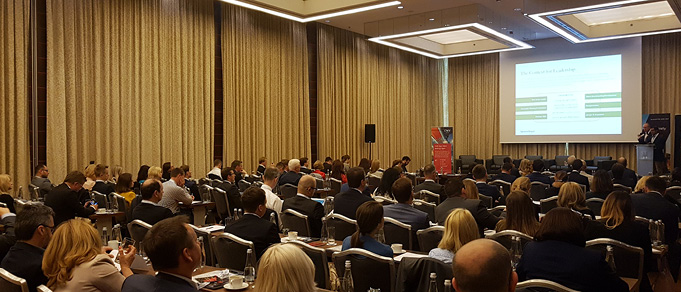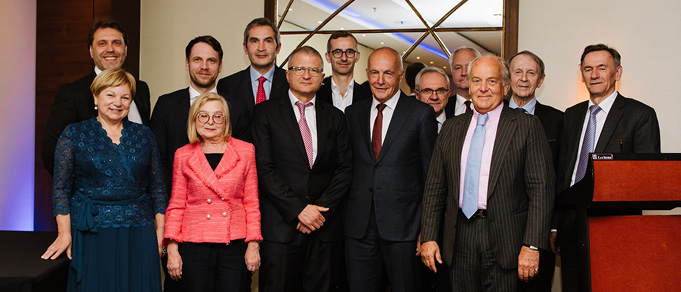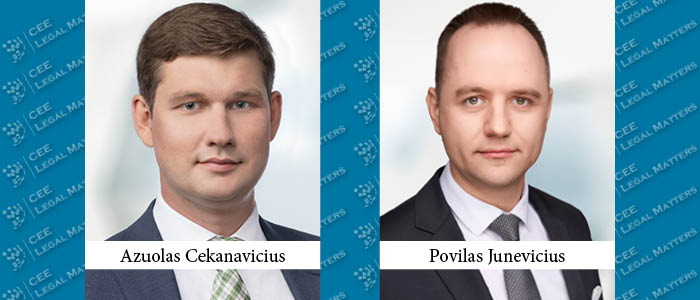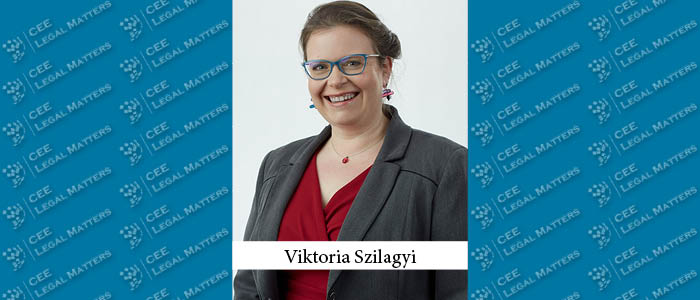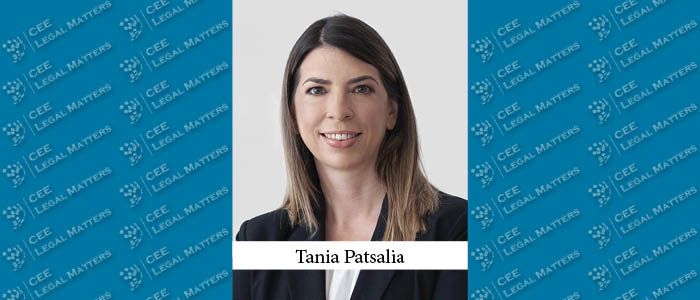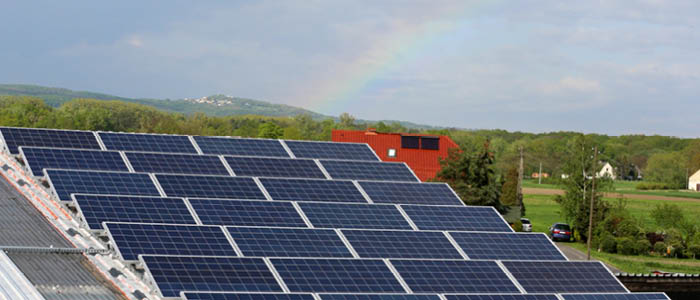The widespread perception remains that the real estate market in CEE is undervalued and continues to offer exciting opportunities for investors. It would seem this is with good reason and early signs suggest that this year we may approach record levels of activity in the sector.
PropTech – What Does It Mean for the CEE Legal World?
A new buzzword has reached the Real Estate world and its service providers, including the legal community: “PropTech.” PropTech – or “Property Technology” – is simply shorthand for various IT applications that are specifically designed to address the needs of the real estate industry.
Austria’s Struggle with the GDPR
With its National Data Protection Amendment Act 2018 (“DSG 2018”) enacted well before the May 25th 2018 deadline, Austria is considered to be one of the EU leaders regarding the implementation of the GDPR. To be precise, the DSG 2018 was implemented in May, 2017, shortly before Austria’s national elections took place. The consequence of Austria’s attempt to play a pioneering role is that the DSG 2018 was rushed, and thus, at least in some parts, extremely difficult to read – and it fails to take advantage of the majority of the permitted GDPR derogations.
Inside Out: Schoenherr and Freshfields Advise on Vonovia Public Takeover Offer for BUWOG
On January 4, 2018 CEE Legal Matters reported that Schoenherr had advised BUWOG AG and Freshfields Bruckhaus Deringer had advised Vonovia SE on Vonovia’s voluntary public takeover bid of BUWOG. The takeover offer placed the enterprise value of BUWOG at around EUR 5.2 billion. We reached out to several of the individuals involved in the deal for information: Christian Herbst, Partner, Schoenherr and Thomas Zottl, Partner, Freshfields Bruckhaus Deringer
Expat on the Market: Interview with Tim Pfister of Knoetzl
Tim Pfister, Managing Partner at Knoetzl in Vienna, is an American lawyer with over 35 years of experience. In addition to his management responsibilities at Knoetzl, Pfister acts as counsel, advising clients and colleagues on New York law matters and regarding conflicts in international transactions, cross-border financings, the Foreign Corrupt Practices Act, corporate crisis management, and corporate strategic planning. He moved to Austria in 2013 and was a founder of Knoetzl in 2016.
Guest Editorial: GDPR Implementation in Austria – A Milestone Rather Than the Finish Line
There are only a few days left until the GDPR comes into force on May 25, 2018. Despite having had a two-year grace period before the new regime becomes effective, companies all over the European Community and their advisors are struggling to meet that deadline. We at Dorda are as well, despite having introduced a nine-person GDPR implementation project team – which is relatively huge for a country the size of Austria.
Now or Never: The Looming GDPR Deadline
The European Union’s General Data Protection Regulation is, according to the EU-hosted GDPR website, “the most important change in data privacy regulation in the past 20 years.” The Act, which was approved by the EU Parliament on April 14, 2016 and will become fully effective on May 25, 2018, was designed “to harmonize data privacy laws across Europe, to protect and empower all EU citizens’ data privacy, and to reshape the way organizations across the region approach data privacy.”
Smiles from the Middle of Europe: Good Times in Austria
Unlike those of its neighbours to the East, Austria’s economy was allowed to operate free of communist interference, allowing the country to hit well above its weight, comparatively-speaking. Thus, although Austria is the 11th biggest country in CEE in population, with 8.7 million people, it has the third largest economy, behind only Russia and Poland. And these days, with the global financial crisis now firmly in the rearview mirror, the country is once again able to capitalize on its happy geographical positioning and historical relationship with the former members of the Austro-Hungarian empire.
The In-House Perspective: Austrian General Counsel Share Thoughts on the Outlook for Business
Widely recognized as an entry point for investors seeking opportunities in Eastern Europe and as a hub for the region, Austria is home to a large number of regional General Counsel and Heads of Legal. We reached out to a number of them to get their perspectives on this critical gateway to CEE.
How Concession Can Improve the Sleepy Rollout of Broadband Internet-Access in Austria
Austria is definitely lagging behind in terms of Fiber-to-the-Home (FTTH) penetration: According to recent data of the FTTH Council Europe, only one country worldwide has a worse penetration rate than Austria, while other sources suggest there are two countries below Austria. For this reason many initiatives have been implemented on municipal and provincial levels to provide Austrian households and undertakings with high-speed Internet access in parts of the country where a purely commercial assessment would not justify such investments. Obviously this is not yet enough.
A Night of Celebration at CEE Deal of the Year Awards Banquet in Prague
The winners of the 2017 CEE Deal of the Year Awards were announced at the first ever CEE Legal Matters Deal of the Year Awards Banquet last night in Prague. The biggest smiles in the joyous and music-filled celebration of CEE lawyering, perhaps, were on the faces of Partners from Avellum and Sayenko Kharenko, which, along with White & Case and Latham & Watkins, won the award both for Ukrainian Deal of the Year and CEE Deal of the Year for their work on the 2017 Ukraine Eurobond Issue (a story initially reported by CEE Legal Matters on October 2, 2017).
Recent Developments in Austrian Tax Law
Increase in R&D Premium
The Corner Office: Your Favorite Question
In The Corner Office we invite Managing Partners at law firms across the region to share information about their unique roles. The question this time around: What is your favorite question when interviewing a job applicant, and why?
The FCPA Versus Austrian Criminal Law: Is the Anti-Corruption Regime in the US Equal to the Anti-Corruption Regime in Austria?
The US Foreign Corrupt Practices Act (FCPA) was introduced to fight corruption on an international level. Corporations of all nationalities which are established under US law or traded on a US stock market are embraced by this act, as are all individuals who commit relevant acts on the territory of the US.
Invalidity of an Arbitration Agreement Due to a Possible Violation of the EU Directive on Self-Employed Commercial Agents
The Parties’ Positions
In state court proceedings, Claimant requested indemnity pursuant to Section 24 of the Austrian Commercial Agents Act, basing the Austrian court’s jurisdiction on Section 99 of the Law on Court Jurisdiction, pursuant to which a person who does not have a forum generale in Austria may nevertheless be sued in Austrian courts if he or she has assets within the district of an Austrian court. Claimant argued that Respondent had assets in Austria as it had an outstanding claim against it.
Industry 4.0: The Implications of a Global Phenomenon for the Austrian Social Insurance System
The world is currently facing the Fourth Industrial Revolution – an era of technological progress that will have significant impacts on the entire labor market system.
Third Annual GC Summit in Warsaw the Biggest Yet
The 2017 CEE Legal Matters General Summit took place at the Intercontinental Hotel in Warsaw on June 1-2, 2017, once again bringing together well over a hundred General Counsel and Heads of Legal from across Central and Eastern Europe for two full days (and one entertaining evening) of seminars, panel discussions, best practices review, and networking. This year’s event — the third annual, following the 2015 GC Summit in Budapest and the 2016 GC Summit in Istanbul — was the biggest and most successful yet.
Elite CEE Lawyers Gather in Warsaw for Market Makers Award Ceremony
On May 31 and June 1, 2017, CEE Legal Matters was proud to host a rare event: A gathering of those senior lawyers from each Central and Eastern European country identified by peers as being most influential, most important, most uniquely responsible for having created the country’s modern commercial legal market.

